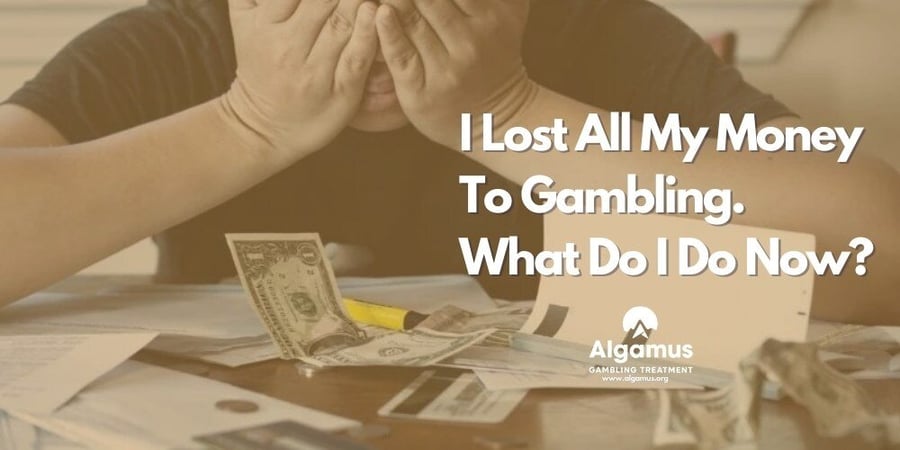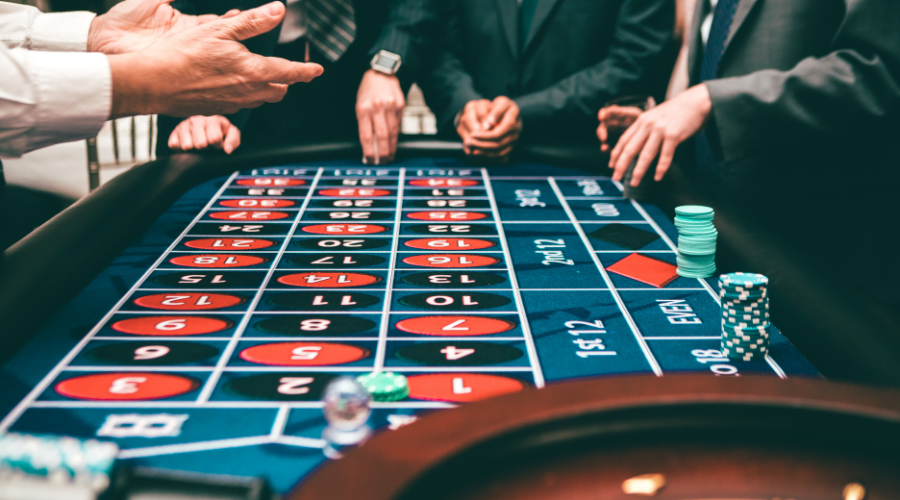
7 Essential Steps to Overcome a Gambling Loss: A Professional Guide
Gambling loss can be devastating, but recovery is possible with the right approach and support. Here's how to handle and overcome gambling losses effectively.
Understanding the Progression of Gambling Addiction
Gambling addiction typically develops in three stages:
- Winning Stage: Initial success creates false confidence
- Losing Stage: Losses mount, but hope for recovery persists
- Chasing/Desperation Stage: Desperate attempts to recover losses through riskier behavior
Immediate Steps After a Gambling Loss
- Acknowledge Your Feelings
- Allow yourself to experience emotions without gambling to numb them
- Seek immediate medical help if having thoughts of self-harm

Distraught person clutching their head
- Practice Self-Compassion
- Remember addiction doesn't define your character
- Avoid negative self-talk
- Treat yourself with the same kindness you'd show a friend
- Share Your Struggle
- Confide in trusted friends, family, or counselors
- Consider calling gambling helplines for anonymous support

Two individuals conversing lakeside
- Take a Complete Break from Gambling
- Create distance from gambling activities
- Use this time for self-reflection and recovery planning
Recovery Strategy
- Accept Financial Losses
- Acknowledge that lost money cannot be recovered through more gambling
- Focus on moving forward rather than dwelling on past losses
- Protect Your Finances
- Close credit cards
- Arrange for someone else to manage your money temporarily
- Install gambling-blocking software
- Develop Healthy Coping Mechanisms
- Exercise regularly
- Practice mindfulness
- Find new hobbies and interests
- Build a support network
Long-Term Recovery Steps
- Address Root Causes
- Identify emotional triggers
- Seek professional help for underlying issues
- Join support groups
- Create a New Lifestyle
- Develop new interests and passions
- Build healthy relationships
- Establish regular routines

Woman praying with raised hands

Man typing on laptop

Players at casino roulette table
Remember: Recovery is a journey, not a destination. Professional help and support groups can significantly increase your chances of successful recovery.
